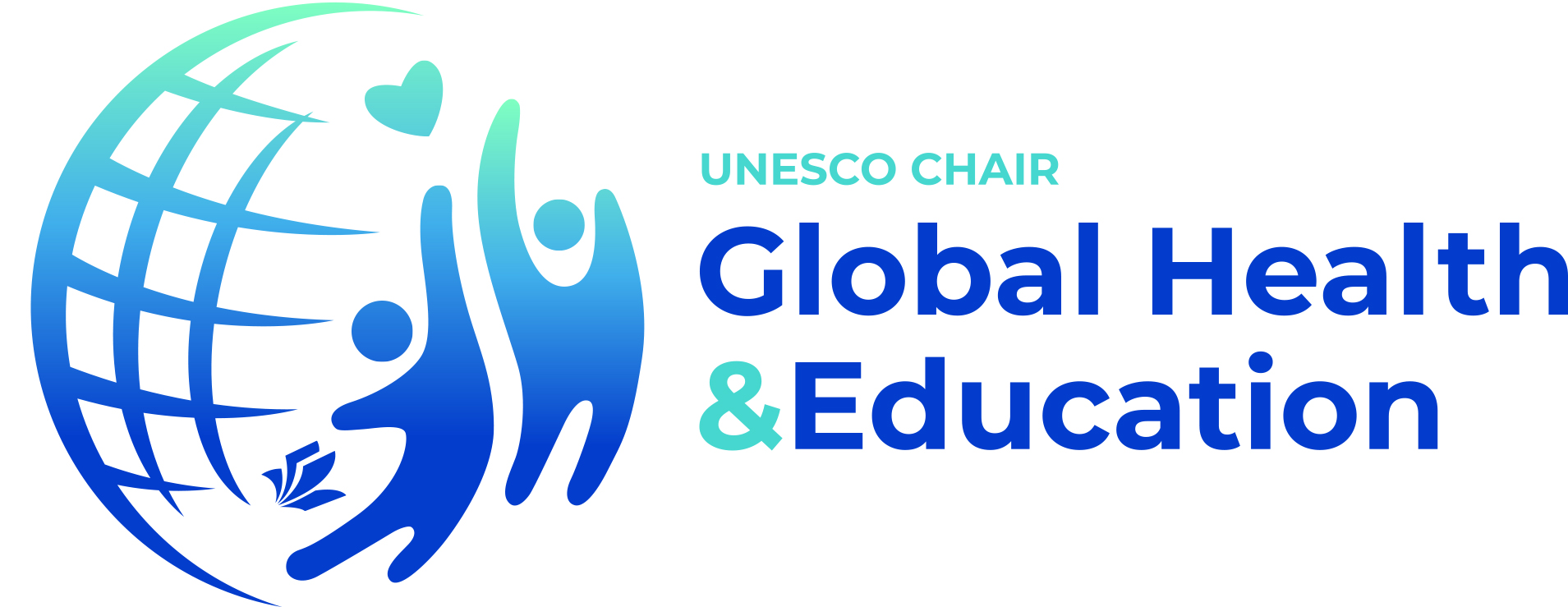By Tenia Prokalamou, PhD Candidate and Research Associate at Harokopio University, Greece and Affiliated Researcher of the UNESCO Chair Global Health & Education.
The 22nd IAAH European Regional Conference was held in Athens, Greece on October 5-7, 2022. Major health topics in adolescent health for Greece and beyond, including the impact of COVID-19 on adolescent health and the post-pandemic improvement of youth health care services, were discussed. For a better understanding, groups of children and young people of all ages from 8 to 24 years old were created who actively participated in all the sessions of the conference.
Recruitment and preparation
Invitations were sent to schools, universities, sports organizations and children’s and young people’s structures for their information and to invite them to actively participate in the conference. The children and young people who responded to the call were invited to a gathering where the topics of the conference were presented and they were asked to choose the topics of their interest. They were then divided into groups under the supervision of Tenia Prokalamou, PhD Candidate and Research Associate at Harokopio University, affiliated researcher of the UNESCO Chair GHE, as the main coordinator for all groups.

Material was provided – recent relevant papers for each topic, both from the main speakers and from other well-known academics, information about the speakers of each topic etc – to facilitate the newcomers and to be better informed about the topics that were going to be discussed. Online groups were organized for the children and young people, the coordinators, the speakers and the chairs, in order to discuss the topics and to meet each other.
Participation during the conference
The concerns and questions of the children and young people were discussed immediately after each presentation in a strong collaboration between the children and yound people and the speakers, while in various workshops role plays were also carried out to make each topic even more interesting.
Youth participation covered all levels of active participation, from consultants (polls, interviews), to co-operators (via mapping, idea collection, voluntary activities) and leaders (via empowerment, decision-making). Their participation drastically changed during the session and was positively reinforced when they realized that their views were heard and taken seriously by the speakers and the audience and that they were embraced and treated as equals in the debate by highly recognized academics.
Positive outcomes

The self-confidence of the children and young people increased, their sense of personal value/self-worth was strengthened, fears and insecurities were overcome, such as that of speaking in public, and they discovered potential and skills that they had not realized they possessed. They felt important and that their voice has the power to shape political actions from the community, both academic and political/affect the policymakers. Cohesion was developed and enhanced, and new strong bonds were created both between the children and young people themselves through their collaboration, but also between the children and young people and the academics, expanding their network of acquaintances. They showed maturity and professionalism; they unfolded their creativity, their imagination and their empathy during the role plays.
Barriers to youth participation
The English language of the meeting prevented the participation of more children and young people, especially the youngest ones, as English was not their native language. Another barrier was that the preparation period coincided with the school/university exams and the summer holidays.
Facilitators to youth participation
The internet and social media offered the possibility of information and communication between the children and young people and between the children and young people and the coordinators/speakers/chairs, annihilating the distances. The collaboration with the chairs who facilitated the children and young people’s participation with their flexible attitude and their willingness to change their predetermined program giving more time to the children’s participation, even at the expense of their own presentations was also an important facilitator to youth participation.
With thanks to the children and young people who participated in the meeting, the UNESCO Chair Global Health & Education Co-Chairs, Pr. Didier Jourdan and Dr. Nicola Gray, Tigran Yepoyan, regional HIV and health education advisor for Eastern Europe and Central Asia, Pr Artemis Tsitsika as co-organiser of the confererence and Eleni Panagouli for their help and huge support.
